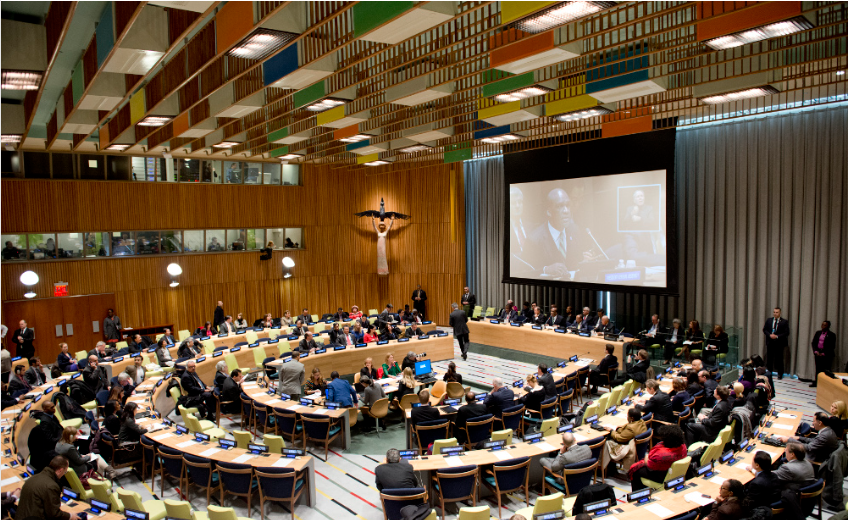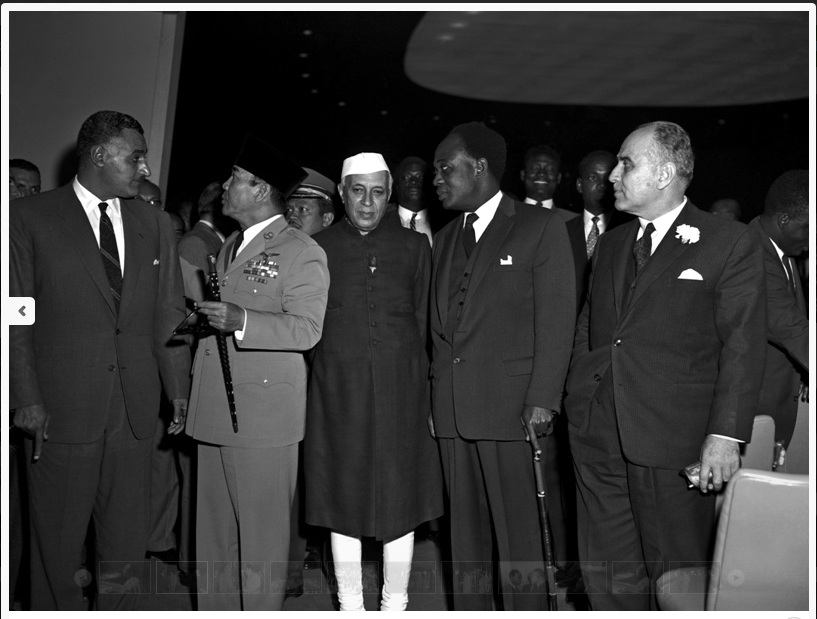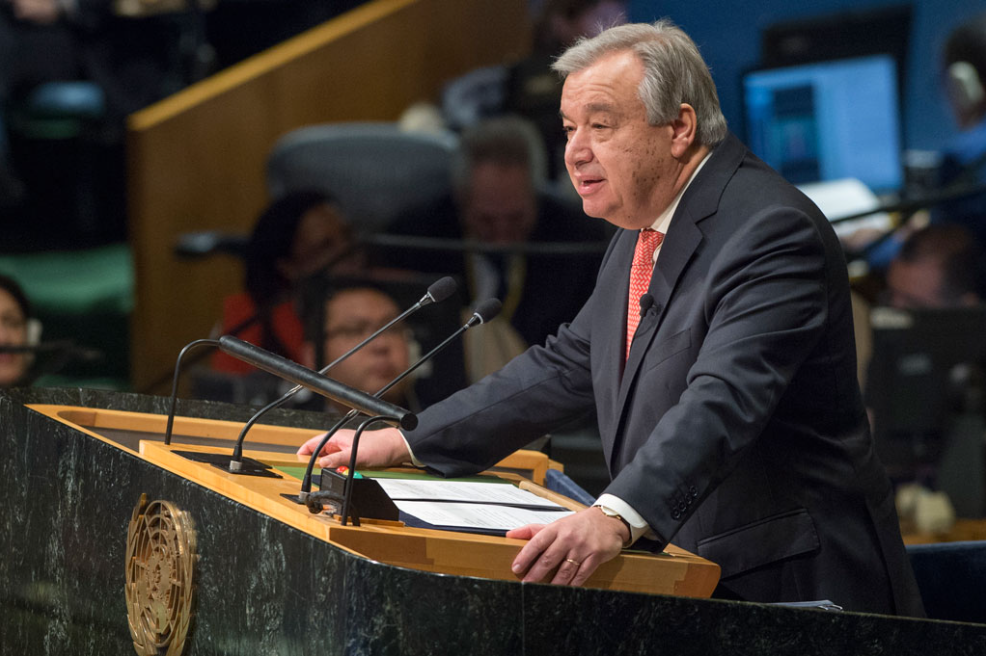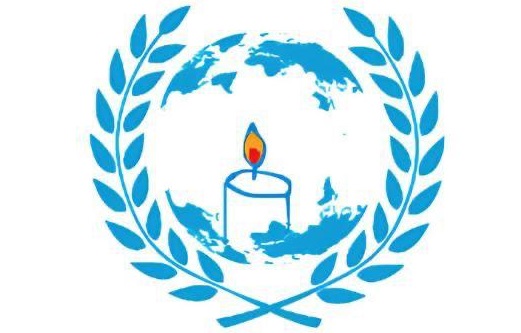UNITED NATIONS ENGAGEMENT
Colonization left deep scars on societies and peoples, robbing them of autonomy and dignity. While some countries have begun to acknowledge and commemorate victims of colonization, there’s a widespread lack of adequate remembrance and recognition for the atrocities and lasting impacts of colonization.

The United Nations is a legalized caste system and remains the most significant legacy of colonization. The most powerful organ of the world's only truly universal global organization - the Security Council has no permanent representation for former colonies, even though these now independent nations constitute the largest UN membership.

However, the First World War was regretted, and whatever frantic efforts were made to avert another major war, the Second World War broke out. It witnessed fighting and devastation on an unknown scale, and one of its very first casualties was the international system of the time, the League of Nations.
As the dust of the war settled, a new international system emerged with much the same goals as its predecessor but with a broader membership and more complex structures. The headquarters of that new system significantly moved from the Old World to the New World (from Geneva to New York)—an eloquent indication that its epicenter differed from the old one.
The United Nations Organization, around which the new system was built, inherited most of the diverse responsibilities of the defunct League of Nations.
When the United Nations (UN) was founded in 1945, over 750 million people, nearly one-third of the world’s population, lived under colonial oppression.
For millions of colored people who had been sadly crippled by colonization, the UN Charter, which guaranteed peace and security for people of every color and creed, came as a light of hope.
Unfortunately, the Trusteeship Council – one of the six principal organs of the United Nations assigned under the UN Charter to supervise and promote their advancement towards self-independence swiftly became the primary colonization machinery of colonial masters.
Suspicious of the United Nations General Assembly’s ever-increasing decolonization ambitions, colonial powers with imperial claims on non-self-governing territories used the Trusteeship Council as a vicious tool of social control to impede the General Assembly’s decolonization effort. This suppressed the civil and human rights of people of color within the UN Trusteeship system.
In many parts of the world, communities of color were warned that if they try to resist enslavement, if they try to vote, if they try to prevent the partition of their kingdoms, deny their master’s language, or insist on gaining independence (in other words, if they do anything that upsets or complicate the supremacy, dominance, or political authority of colonial powers they will be killed.
Under the watchful eyes of the International Trusteeship System, territories that showed dignity were drenched in the blood of their pro-independence leaders, who were killed in the worst of circumstances – from targeted assassinations to extrajudicial executions, massacres, and genocide.
Appalled by the situation, the United Nations General Assembly affirmed the independence of countries and peoples under colonial rule by adopting Resolution 1514 on December 14, 1960, during its fifteenth session.
The Declaration on the Granting of Independence to Colonial Countries and Peoples characterized foreign rule as a violation of human rights, asserted the right to self-determination, and called for an end to colonial rule.
Within fifteen years of the Declaration on Decolonization, which called for a swift end to colonialism in all its forms, anticolonial nationalists successfully captured the United Nations and transformed the General Assembly into a platform for the international politics of decolonization.
Although the resolution produced a tectonic shift in the international legitimacy of imperial institutions and successfully undermined the notion of empire, many colonized peoples worldwide had to fight brutal wars of decolonization before eventually negotiating their independence.
The wars of decolonization were marked by brutal tactics used by colonial powers on resistance groups, resulting in significant casualties among civilian populations. Countless lives were tragically lost. Estimates of the death toll vary widely across different conflicts and regions, but the impact on indigenous populations was significant.
Ongoing Discussions and Initiatives:
While some countries have started to acknowledge and commemorate the victims of colonization, there is a widespread lack of adequate remembrance and universal recognition of the atrocities and lasting impacts of colonialism.
The expansion of the United Nations’ membership from 51 in 1945 to 193 today demonstrates the success of its decolonization agenda. However, colonialism has left deep scars on societies and people, robbing them of autonomy and dignity.
WCM is raising awareness and fostering discussion about colonialism to ensure that future generations understand colonial history and its enduring impact. We are appealing to former colonial powers to integrate their colonial past into their national narratives fully and to offer appropriate recognition and apologies to the victims.

The founding fathers of the Non-aligned movement – Sukarno of Indonesia, Jawaharlal Nehru of India, Josip Broz Tito of Yugoslavia, Gamal Abdul Nasser of Egypt, and Kwame Nkrumah of Ghana – the “Initiative of Five” defended the Charter of the United Nations and championed the voice of colonized peoples and territories around the world.

United Nations Secretary-General António Guterres called on the global community to properly confront colonial history.
